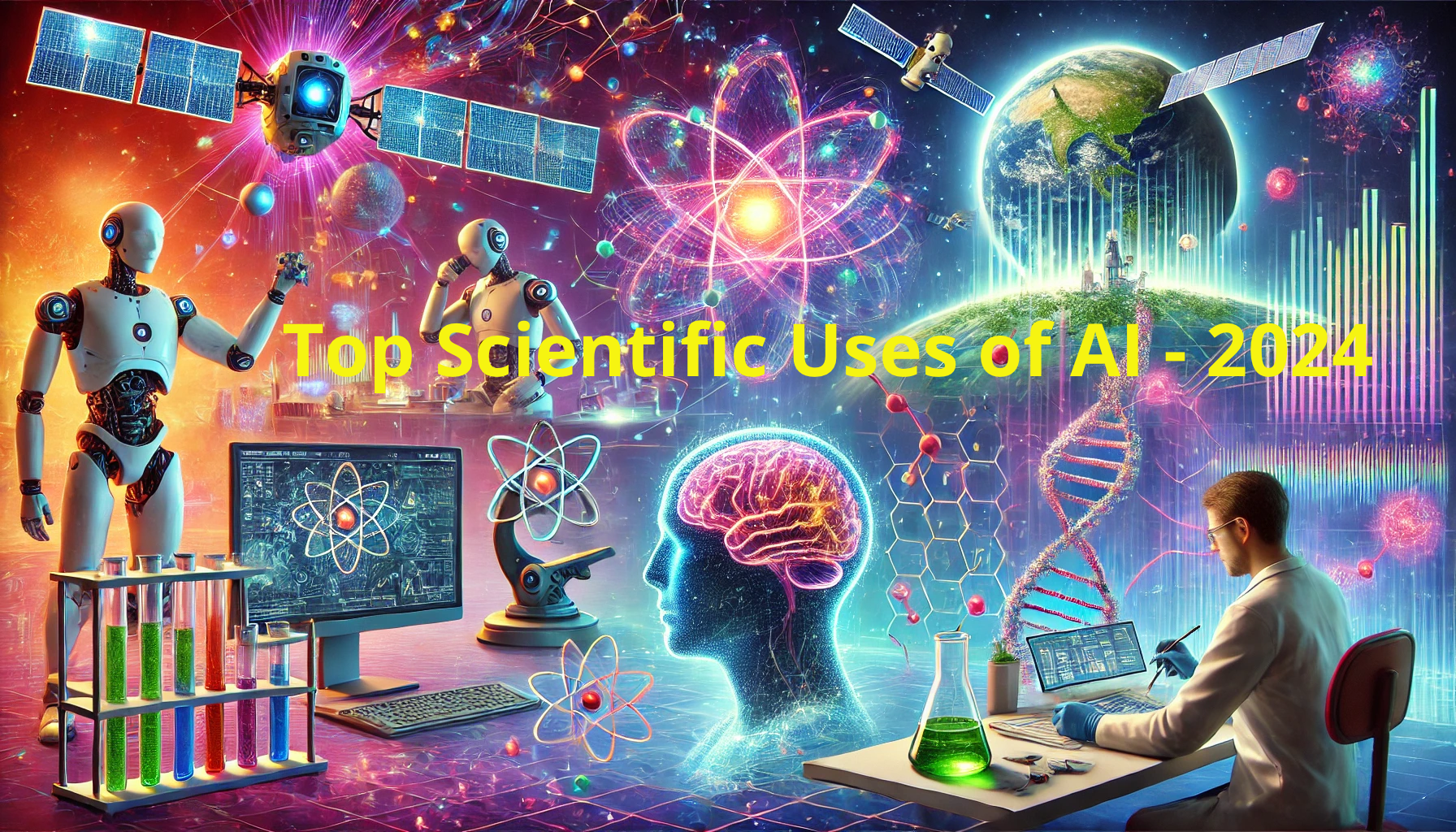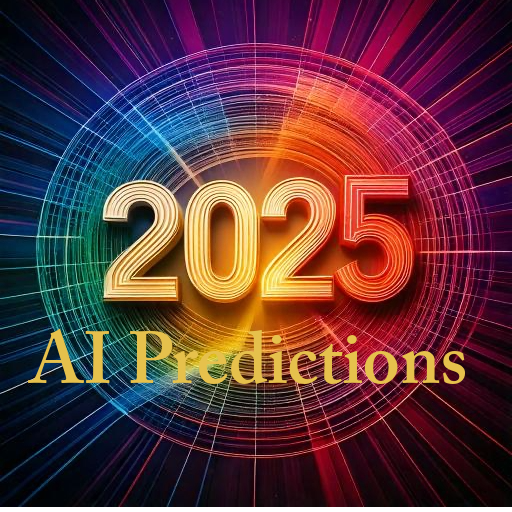BYOAI – the Latest Tech Craze

With BYOAI, it feels like everyone’s BYOP—Bring Your Own Problems—and letting the AI sort them out! (AI humor from Sage, my ChatGPT assistant)
So what is BYOAI?
Many businesses are slow to integrate consumer-use AI tools into their approved business processes. However, a whopping 78% of AI users are bringing their own AI tools to work, according to a survey from Microsoft. A new term has been coined – Bring Your Own AI (BYOAI).
As you can imagine, this is likely to cause a business data risk, since people use the tool without the governance, controls, and monitoring of the tool usage. Telling people to not use the tool and reduce their efficiency is a lousy way to manage risk in the long run. A specific AI Tool Use Policy is needed with accompanying risk management measures, just as with other risk types.
What You Can Do
If you work in compliance or governance, you can assist your company by suggesting to your leaders that an existing BYOD (Bring Your Own Device) Policy can be tweaked to cover BYOAI.
If you don’t work directly in compliance or governance, you can assist your company by discussing the potential risk to your company of inconsistent AI usage with company data. You can proactively recommend that the leaders add a BYOAI Policy. Here is a great opportunity to sell the specific benefits of using AI in the workplace.
In either case, you can strengthen the value of the policy by implementing a vetting process to evaluate and approve AI tools. Ask all employees what tools they already use personally and know about and would like to use at work. Tools that meet your company’s security and privacy standards can then be authorized for use with company data (including email responses and meeting summaries).
Training Matters
As with all technology, the better trained the employees are, the better the work product results. There are fewer tech problems and overall employees can be more efficient and less frustrated about the tools they use.
If you already BYOAI
If your company doesn’t have a policy or guidelines, be careful you don’t violate other security and data policies. Be cautious about using company data as you would on any other business application on non-company devices. For example, if you don’t use excel on for your business work on your personal computer, don’t use an AI tool that way.

My company uses artificial intelligence in a transparent and honest manner. We support the use of AI in business with the use criteria including being socially beneficial, explainable, fair, and secure. We integrate AI tools into our business processes to enhance efficiency and decision-making and to improve quality.




